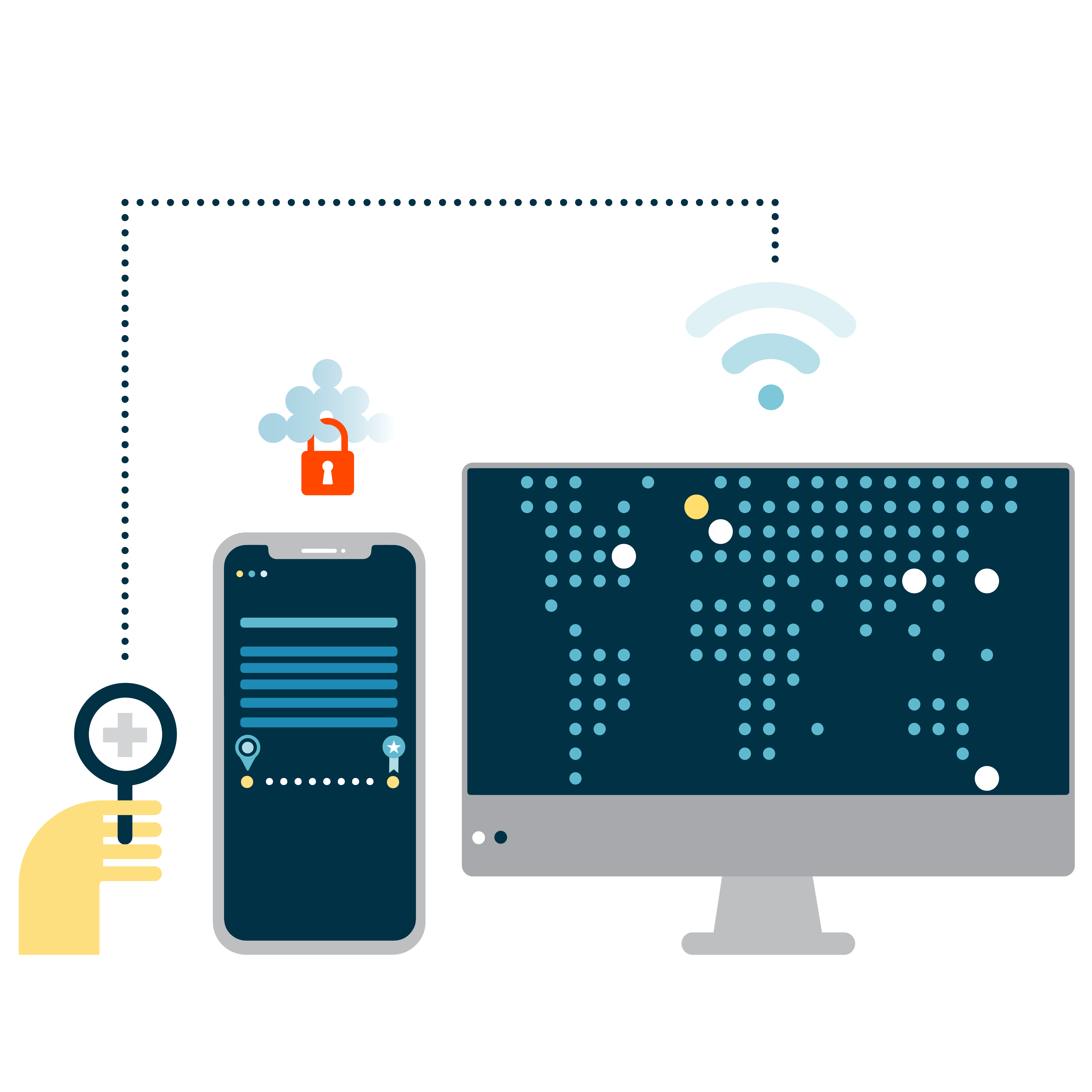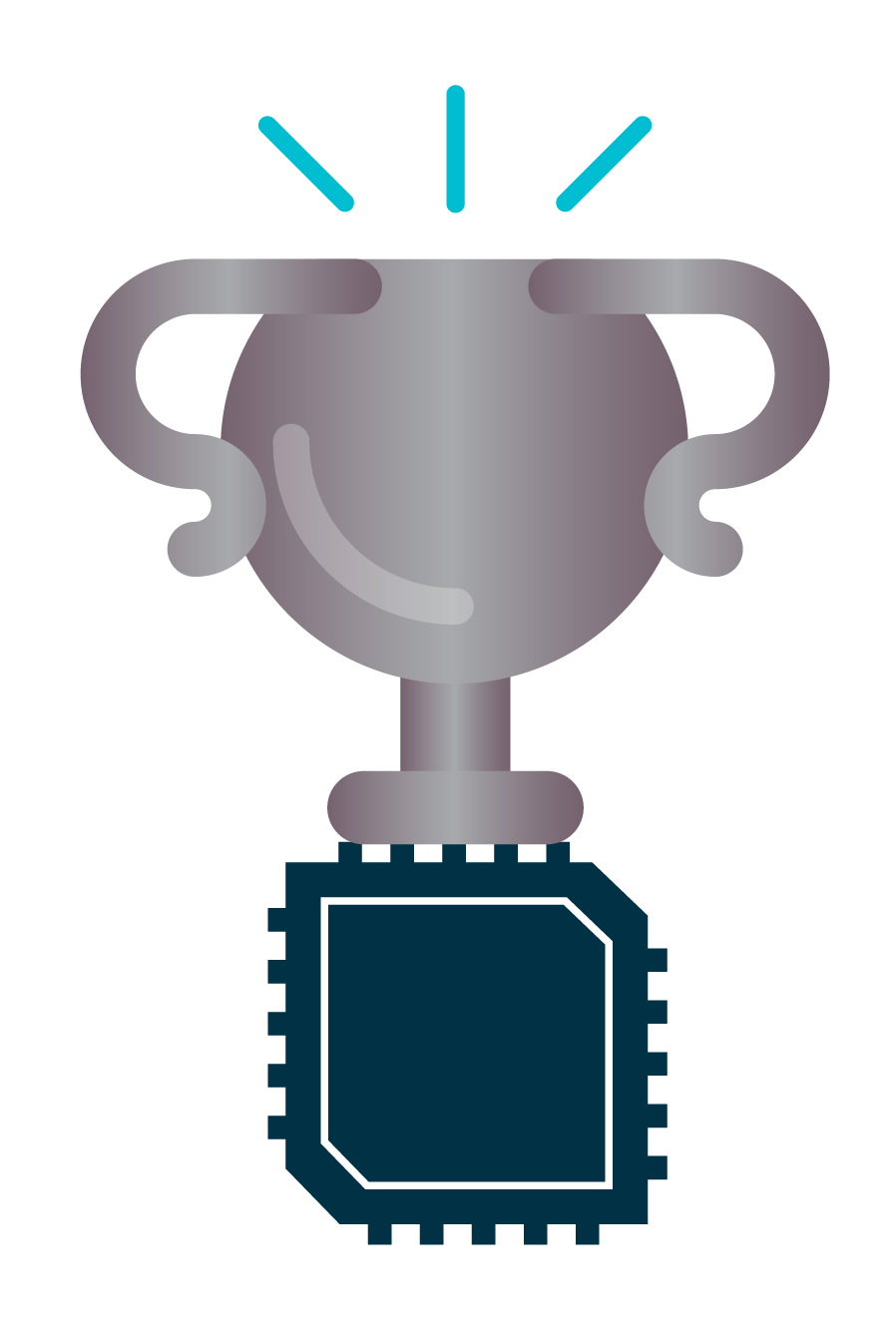Media

Media
How AI is transforming the business of sport globally
- The utilisation of AI is on the rise in sports development, bringing about positive outcomes for players, teams and fans
- Recognising the legal ramifications of employing AI in sports is just as essential as harnessing its benefits
- It is imperative to take into account the rapidly evolving landscape of legislation related to the use of AI in the sporting domain
In sport, where competitive edge is all, technology and data have become vital tools to aid teams in their wider pursuit of "marginal gains". Augmenting analytic capabilities through the use of machine learning models and artificial intelligence (AI) is just one method being employed by coaches to enhance success. However, while new technology and data analytics can present exciting opportunities, they also pose legal issues and risks.
Squad rotation and selection
For example, it is now commonplace for professional athletes to be fitted with technology that can be worn during training and competitions. These devices record data, such as heart rate, speed and distance covered, which can then determine athletes’ fitness levels or the need for a player to rest. AI models can also be fed additional data, such as age, previous injuries and genetic predispositions, in order to analyse fitness-related information and to predict when a player may be close to injury. This information helps teams to optimise training schedules and safely bring injured athletes back to health.
Tactical decision-making
Basketball team, the Houston Rockets, utilised AI when working with US sports data specialist Daryl Morey, which uncovered that slam dunks and three-point shots returned the best point-per-shot yield for teams. The information detected from the AI led to an increased focus on higher-yield shots and helped turn the Rockets from an average team into championship contenders.
Recruitment
AI and machine learning are now used in many sports to aggregate and evaluate the thousands of data points that are generated whenever a player takes an action on the pitch, resulting in a digestible snapshot of the ability, potential and value of a potential recruit. This has led to a more detailed, accurate and efficient method for teams to scout and recruit potential targets. It has never been easier to compare hundreds of metrics for one player against another.
The fan experience
AI is having an impact off the pitch too, including to improve the fan experience and help maximise revenues for sports teams. For example, Fox Sports has partnered with Google to leverage generative AI to generate new content from existing archives and to automate the tagging of its video content. In a similar vein, F1 has partnered with Amazon Web Services to create real-time insights for fans, including race predictions and car performance, helping fans understand the race as the drama unfolds.

Managing and licensing data
It is vital that all commercial rights in the data sets for an AI model are managed and licensed appropriately. If the data is gathered via wearable technology, claims could be made by the third-party technology providers (on the basis that it forms part of their proprietary technology solution), the individual players (on the basis that it is personal data), sports teams (under their player arrangements) or even the sports league. Clear licensing arrangements are necessary to ensure that data can be utilised for the desired purpose without restrictions from any other party.
Concerns can also arise when players leave an organisation. Sports teams could lose the consent of the individual player to use any data that has been gathered about them. Without proper protection, this could force teams to go through the painstaking process of unwinding AI models that have been built up over years.
'Black box' transparency
Machine learning and AI technology can create issues regarding transparency due to the “black box” issue of not knowing why a particular output has been generated. These technologies are set up to self-adjust in response to each piece of data passed through using processes which may not be readily understandable. This can make it difficult to correct issues with a model's output data.
Personal and biometric data
It is highly likely that the data that is input into a sports team's AI model will consist of some form of personal data. For example, a player's data may become health-related data if it refers to specific injuries they have suffered. Alternatively, biometric data relating to a player's gait – how they are running and moving – may be gathered and analysed. Sports teams must be clear on how they can process data without running afoul of data privacy laws.
Intellectual property in AI models
As an AI model is being trained on vast amounts of data, it will devise functional improvements to the model itself, as well as post-training outputs. From an intellectual property perspective, licensing agreements must ensure that any outputs are properly protected, as distinct from rights in data, and that teams and analysts can use and develop their models without restriction. Moreover, care should be taken when drafting data-licensing agreements to ensure that any data gathered from sports players can expressly be used for AI purposes.
The winds of change
AI is anything but a static area of law and different jurisdictions are taking different approaches at different speeds. And that's just AI-specific legislation. There are various existing legal frameworks that already apply to AI, covering issues from copyright to consumer protection. All regulatory changes are likely to have a significant impact on whether and how a sports team deploys AI in its global operations.
Some developments are positive. For example, there is a growing acceptance on the part of AI model providers to provide additional comfort on potential liability in their licensing terms, which could help increase the attraction of adopting AI in sport.
Will the positives of change outweigh the negatives? Watch this space.

Authors
Andrew Massey Senior Associate, UK andrew.massey@osborneclarke.com
James Edmonds Senior Associate, UK james.edmonds@osborneclarke.com
Tom Sharpe Associate Director, UK tom.sharpe@osborneclarke.com
Adrian Schneider Partner, Germany adrian.schneider@osborneclarke.com



